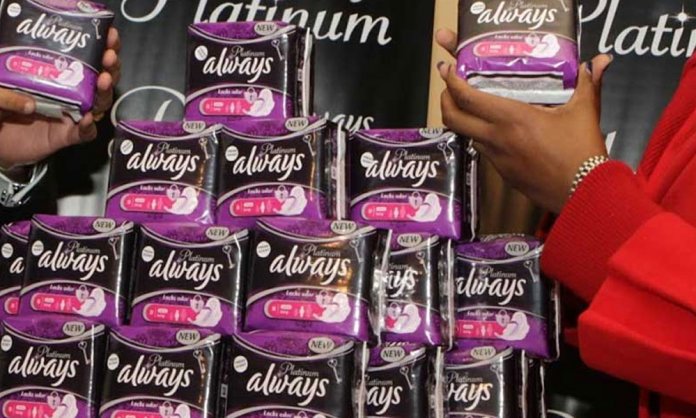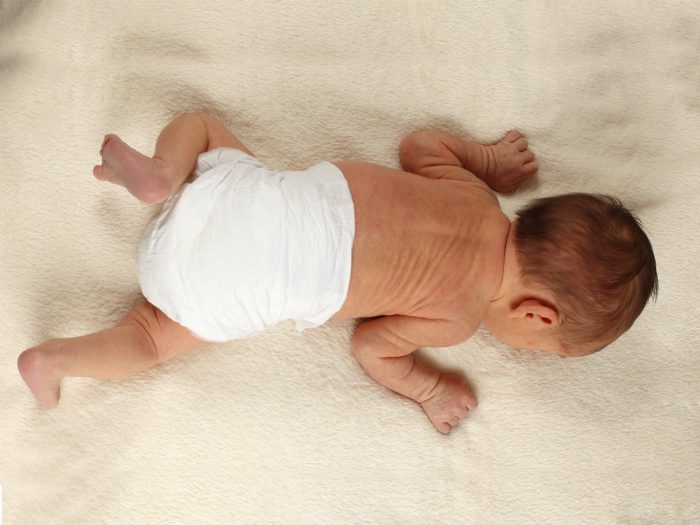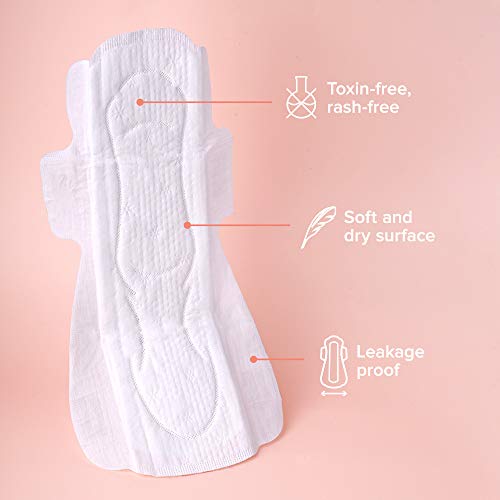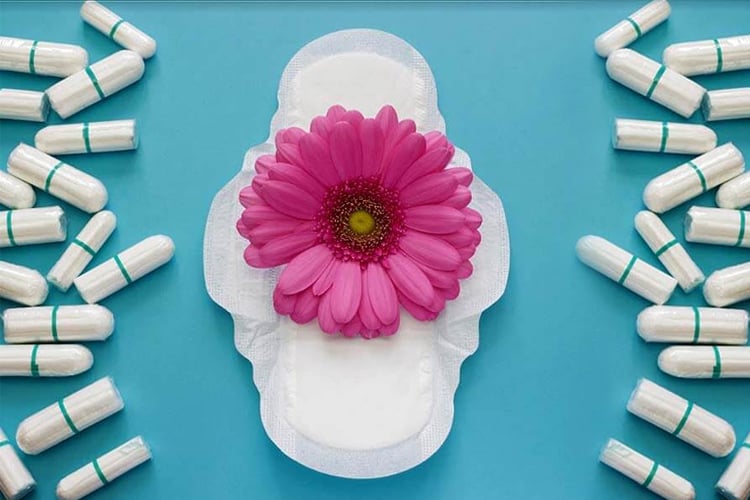Table of Content
Applying talcum powder to the vaginal area before you wear a sanitary napkin is a great way of preventing rashes during periods. Using powder prevents absorption of sweat by sanitary napkins. This way, the pad remains a lot cleaner and moisture-free. Applying powder also helps prevent friction between your skin and the pad, thereby preventing rashes and formation of boils.

Alternatively, use it in the morning once you’re done with a bath. The two major causes of vaginal itching or rashes around the thighs or groin area during periods are heat and dampness. Wearing sanitary pads for too long can make the vagina damp and continuous rubbing of a pad against your skin can lead to rashes, inflammation, and itchiness on your skin.
Home Remedies to Get Rid of Sanitary Pad Rashes
One of the effective home remedies you can try to reduce period rashes is “warm compress”. A warm compress can soothe those ugly and itchy period rashes. Take a clean cloth, soak it in warm water, squeeze out the excess water, and then place it on your vagina.

Menstrual cups are inexpensive, simple to dispose of, easy to use, and biodegradable. Consider menstruation cups, tampons, or rash-free organic sanitary pads as other period-care options. Ice is famous for its quality to reduce pain and swelling in an instant. Just take a few ice cubes, wrap them in a clean, fresh cloth and apply this around the period rash. You will get qucik relief from any pain or irritation.
What is period rash?
It contains oleic acid and smaller amounts of other fatty acids, plus 200 different chemical compounds. Epsom salts have traditionally been used in a warm bath to soothe muscle aches and pains. But soaking in Epsom salts or magnesium- and mineral-rich Dead Sea salts may also help relieve itching and scaling. Tea tree oil is reported to work against bacterial, viral, fungal, and protozoal infections of the skin. The terpenes in tea tree oil are thought to break up the cellular material of bacteria. Tea tree oil should always be diluted when used directly on the skin.

However, most pads place a fragrance layer underneath the absorbent core. This means the fragranced core is unlikely to come in contact with your skin. Regardless of the underlying cause, there are several treatments available to treat rashes from pads. When you’re on your period, wash your vaginal area frequently to avoid bacterial build-up. When these chemicals come into prolonged contact with our skin, friction occurs, causing irritation and discomfort, as well as the possibility of infection.
When to see a doctor
To relieve the rashes, apply creams containing natural ingredients like calamine. It is indeed always advisable to consult your doctor if you have any questions so they can advise you on the best cream to use. You should use creams made from natural agents like calamine to soothe the rashes.
But don’t use it if you have cracked or bleeding skin on your scalp. The medium-chain fatty acids in virgin coconut oil are thought to have antibacterial, antiviral, anti-inflammatory, and healing properties. A monoglyceride formed from lauric acid in coconut oil has been found to be an antibacterial. Lauric acid makes up about half the fat content of coconut oil. The clear gel that comes from the aloe leaves can be used to soothe itchy and irritated skin.
What causes pad rash, and what does it look like?
Itch relief has a long history and many of today’s remedies are age-old cultural traditions. Research is ongoing into what exactly makes some of these remedies work. Plant-based oils are commercially available alone or in preparations that can be used as skin lubricants as needed for moisturizing.

A sanitary pad comprises several materials that can cause irritation, including adhesives and, in some cases, added fragrances. When you apply ice or cold water to a rash, it can help reduce swelling and inflammation and can stop itching almost immediately. For rashes that cover more of the body or that affect an area that is difficult to cover with an ice pack, a cool bath or shower may provide relief. Learn More Applying a cool compress to your vulva can help ease rash-related pain, burning and/or itchiness. Sitting in a few inches of lukewarm bath water -- without anything added -- or using a sitz bath can also help alleviate your discomfort. Applying a low-dose, over-the-counter hydrocortisone ointment to your vulva can reduce inflammation, but check with your healthcare provider to be sure it's appropriate for you.
These pads are made from a plant-based material that is non-toxic to the human body. Kenaf fibre, which is inherently soft, is used for the middle sheet. A rash from a sanitary pad is similar to a diaper rash in that it can result from irritation.

These are just a few of the home remedies that can relieve itching from rashes. Many are also inexpensive common ingredients you may have in your pantry. Commercial products containing the same ingredients are often more expensive. In general, oils act to reduce inflammation and create a protective skin barrier. You can use apple cider vinegar to relieve an itchy scalp by applying it full strength or diluted a few times a week.
It’s best to wash and dry the affected area before using aloe so that you get maximum absorption. For such women, there are certain steps that they can take to ensure that the level of discomfort is the lowest. Feeling light-headed during your period is pretty common. It's likely caused by the hormonal shifts that occur during your cycle. About the Author Aayushi Gupta Aayushi Gupta is a health writer with a special interest in trends related to diet, fitness, beauty and intimate health.


No comments:
Post a Comment